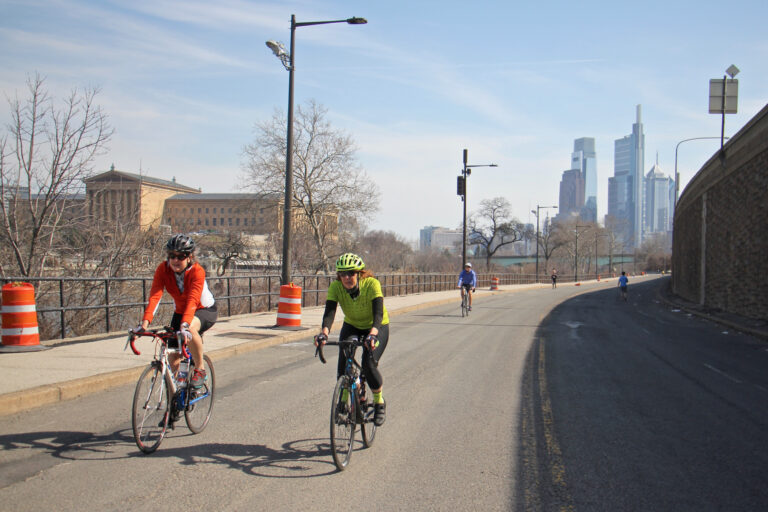The Hub 5/14/2021: Clean Air Council’s Weekly Round-up of Transportation News

“The Hub” is a weekly round-up of transportation related news in the Philadelphia area and beyond. Check back weekly to keep up-to-date on the issues Clean Air Council’s transportation staff finds important.
Streetsblog: Female-identified riders are the second lowest in the U.S. when compared to other countries around the world. A comprehensive analysis showed that Americans of all genders travel by bike for only 1.1% of trips and females for only 0.6%. Increasing female ridership and the percentage of trips can help cities to lower their transportation carbon emissions.
City Lab: Yelp data shows that consumers are more interested in restaurants located on pandemic friendly streets (often called open streets, safe streets, or slow streets) that have limited vehicle access. New York passed a bill making their Open Streets program permanent. Pedestrian-friendly streets will increase safety and economic growth.
6abc: In June 2020, speed cameras were activated along the dangerous Roosevelt Boulevard. Recently, the Philadelphia Parking Authority (PPA) released its annual report on the use of these speed cameras. Over the activation time, 700,000 warnings or tickets were issued for speeding, but driver behavior has changed and vehicles began to slow down and the monthly violations are reducing.
Plan Philly: City Hall announced that Martin Luther King Drive will reopen to vehicles in August. This road is a part of the City’s high injury network and has been closed to vehicles since March 2020. This closure resulted in more cyclists and pedestrians using the space during the pandemic when people sought safer outdoor activities and spaces.
The American Prospect: Los Angeles is launching a fareless public-transit pilot program in August. This could “become the largest free mass transit system in the world” and the pilot program will last through June 2023.

